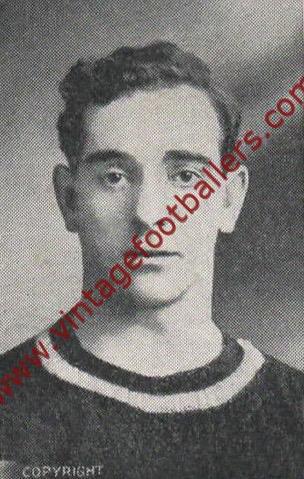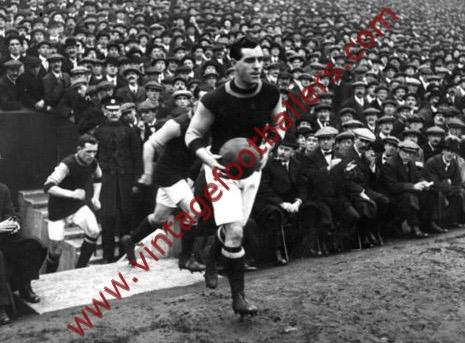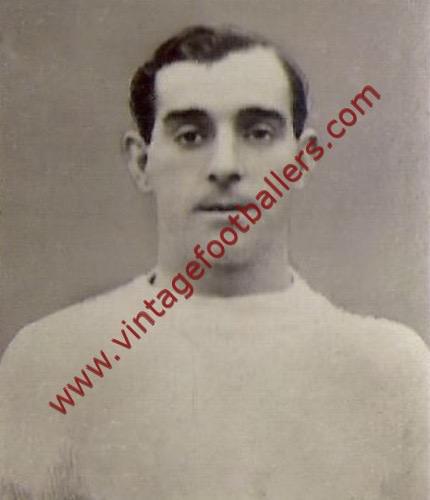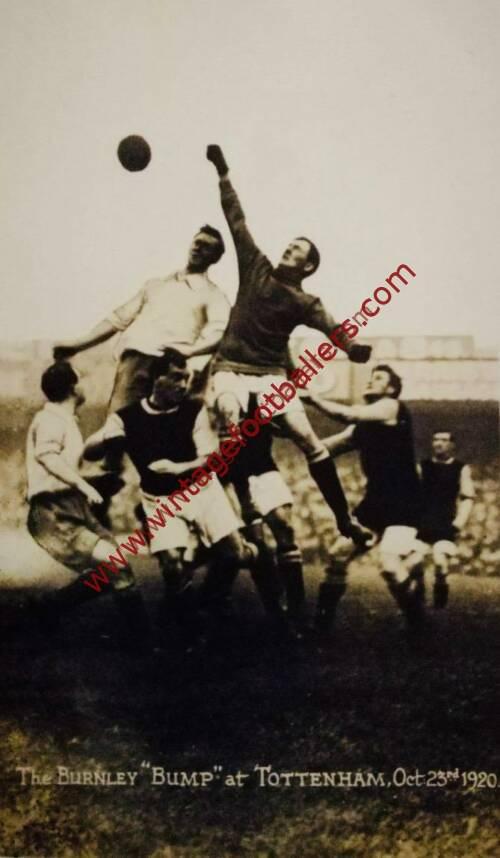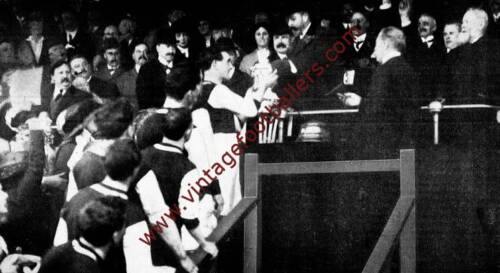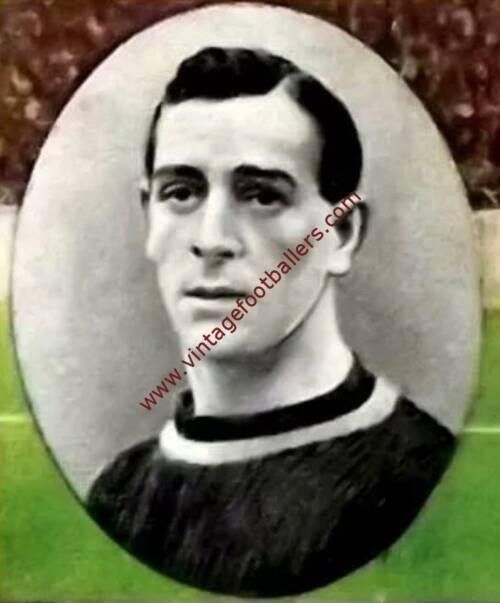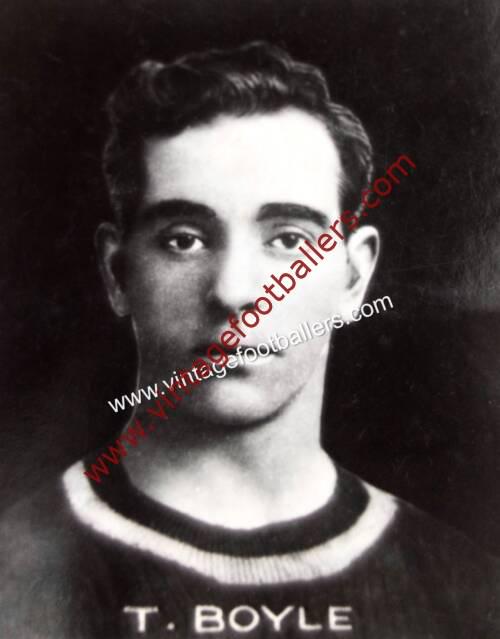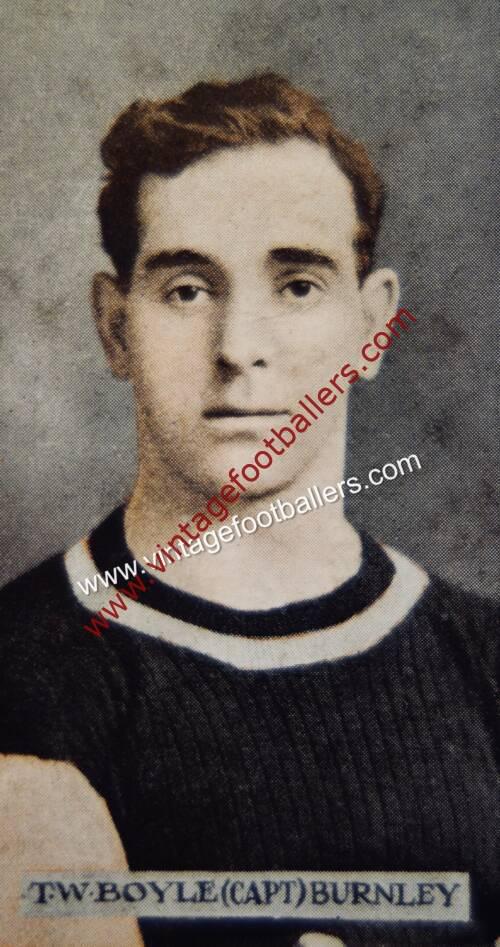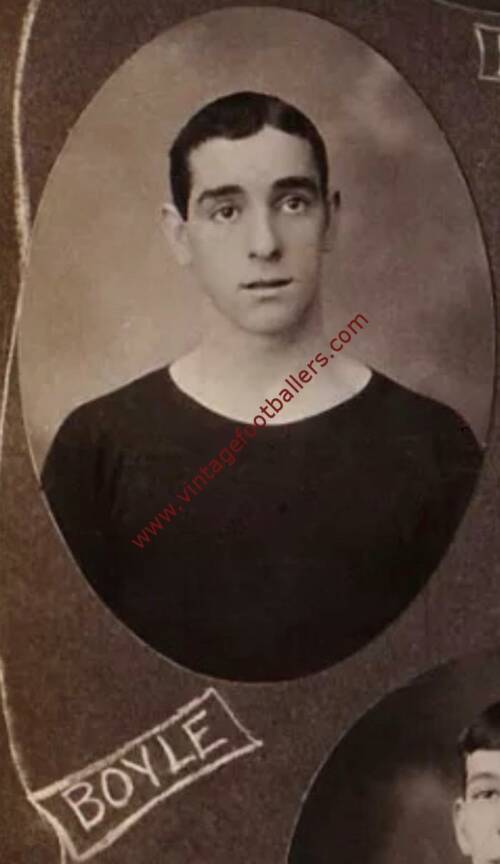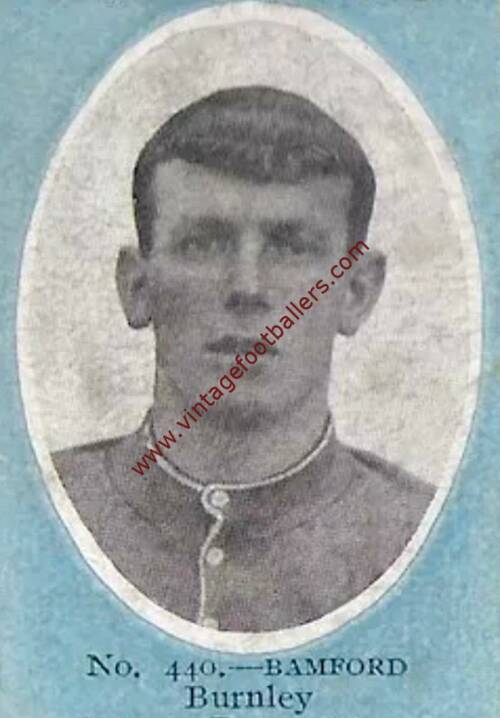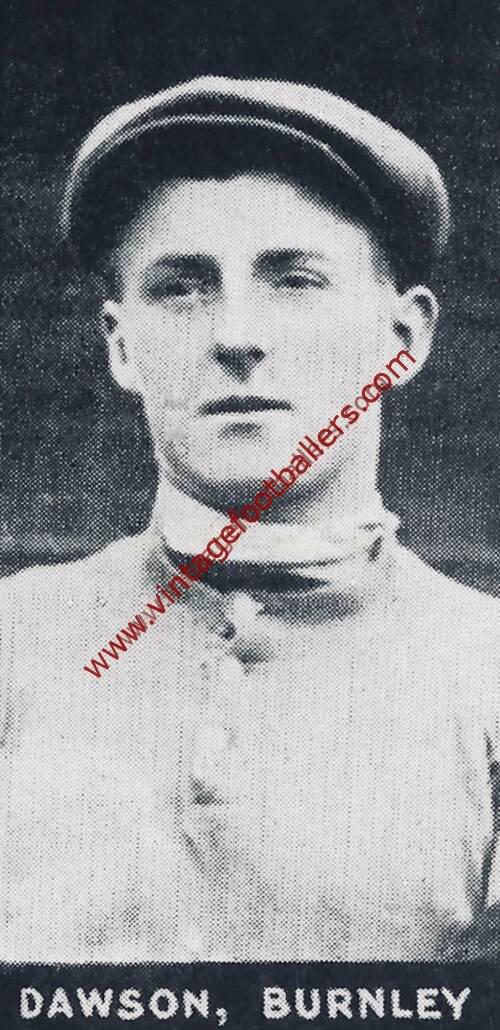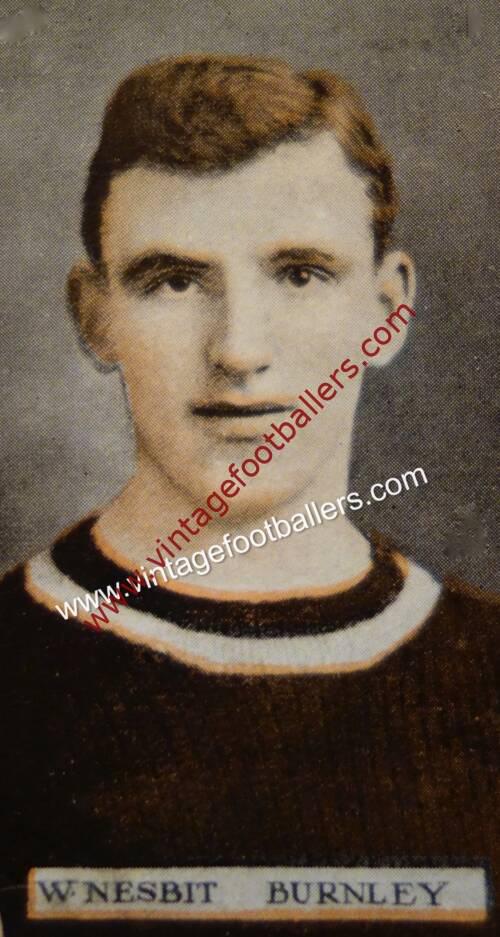Please choose your photo size from the drop down menu below.
If you wish your photo to be framed please select Yes.
Note: 16″x 20″not available in a frame.
Images can also be added to accessories. To order please follow these links
£8.95 – £49.95
Please choose your photo size from the drop down menu below.
If you wish your photo to be framed please select Yes.
Note: 16″x 20″not available in a frame.
Images can also be added to accessories. To order please follow these links
Hoyland, Yorkshire born centre half Tommy Boyle started his career with Hoyland Star in 1904 and Elsecar Athletic in 1905 before joining Second Division Barnsley the next year, making his Football League debut at Chelsea in November 1906. He captained them in their remarkable run to the FA Cup Final of 1910, which they lost in a replay to Newcastle United at Goodison Park after a 1-1 draw at The Crystal Palace. After 175 games and 19 goals for Barnsley he moved to Burnley in September 1911 for a club record fee of £1,150 and became an England international in February 1913, playing against Ireland at Windsor Park, Belfast. He also represented The Football League 4 times and played in an unofficial wartime international for England in 1916.
He was described as a great header of the ball, an excellent passer with great leadership qualities, and as being one of the best players ever to play for Burnley. He led them to promotion to the top flight when The Clarets finished runners up in the Second Division. Having left Oakwell before Barnsley’s 1912 FA Cup triumph, and having been part of Burnley’s 1913 team that lost the FA Cup semi final in a replay to Sunderland at St Andrews, he made up for it the following year by captaining Burnley to an FA Cup Final triumph over Liverpool at The Crystal Palace in the 1914 Final, becoming the first captain to receive the Cup from a reigning monarch, namely King George V.
After captaining Burnley to runners up in the title in the first season after the War, 1919-20, Boyle also led The Clarets to their first League Championship in 1920-21, despite being badly wounded in the First World War when serving as a Gunner in the Royal Field Artillery in 1917, and having been told he would never play again. He moved to Wrexham in 1923 after 236 games and 43 goals for Burnley playing only 7 matches for Wrexham before retirement. After his playing career, he had a spell coaching in Germany.
| Weight | N/A |
|---|
